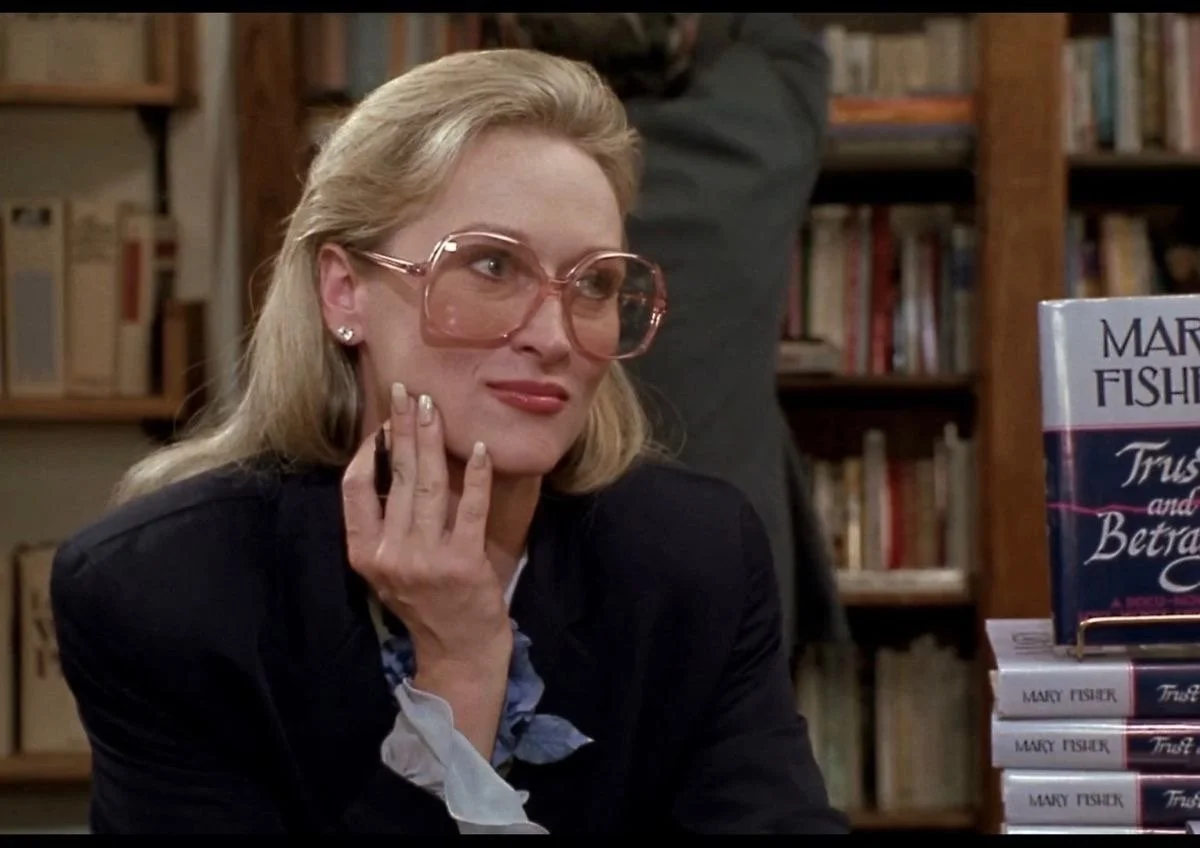How to Prep for Monologues
by Vittoria Marlone
Whether you're preparing for an audition, a performance, or simply sharpening your craft, a monologue is more than memorized lines — it is a piece of your spirit molded into story. Monologue preparation is a sacred process. One that invites discipline and discovery. Here’s how to prepare, soul-first.
1. Goal
Start with your why. Why are you performing this monologue? What do you want the audience to feel? What do you want to feel? Set a soulful intention — one that goes beyond "book the job" and into "honor the story," "be truthful," or "feel free."
Write your goal down. Return to it when you're tired, unsure, or over-rehearsed. Your goal is your compass.
2. Script Analysis
Now, read the piece like it was written for you. Don’t just scan it — live it. Who are you? Where are you? What just happened before the first line? What do you want in this moment?
Find the objective. Discover the tactics. Pay attention to punctuation and pauses. There are clues in every silence. Let the text speak to you, and you’ll begin to hear the heartbeat of the character. I personally like to look at the core of the character, the feelings, the driving motive, the story itself, and what am I trying to say both in words and actions.
3. Blocking
Once you know the internal, honor the external. Map your movements. Are you pacing, standing still, or shifting with emotion? What are your gestures saying when your words stop?
Blocking is not just about looking polished — it's about anchoring the piece in your body. The more you embody, the less you "perform" and the more you become. I will be going over the actions and gestures of actors on Youtube soon!
4. Memorization
Speak it. Write it. Walk with it. Run with it. Sing it. Record it. Whisper it.
Memory lives in repetition and in feeling. Don’t cram — connect. Link your lines to images, breath, and rhythm. Say it in a whisper when you're getting ready in the morning. Practice it at red lights. Know it so well that even if a bird flew across the stage, you wouldn’t break.
When it’s in your bones, you’re free to play.
5. Time
Time is the most valuable co-star. Start early. Set deadlines. Rehearse in phases. Know when to stop tweaking and start trusting.
Give your growth space. Preparation isn’t linear — sometimes, stepping away for a day gives you more insight than drilling it ten times.
Respect your process. Respect time.
6. Execution
When it’s time to deliver, let go.
You’ve built the foundation. You’ve carved meaning into your performance. Now—breathe. Be present. Be bold. Be kind to yourself.
You’re not just reciting words. You are giving breath to a moment that never existed before you arrived. What a miracle it is to share your gift.
A Closing Word
The path of the actor is not a straight line. It is a spiral — we return again and again to the same truths, deeper each time.
Remember this: You are not auditioning for approval. You are offering your art, and in doing so, you become free. Keep showing up. Keep choosing faith over fear. Every monologue you prepare is a love letter to your craft, your courage, and your calling.
You are important.
You are loved.
You are blessed.
For more inspiration and behind-the-scenes of my creative journey, follow me on Instagram, TikTok, and YouTube: @VittoriaMarlone
Subscribe to the blog for future posts.
And tune into Important, Loved, Blessed on Apple Podcasts and Spotify for weekly reminders that you are never alone on the journey.
Until next time,
Keep going. The world needs your light.
— Vittoria Marlone ✨🎭
